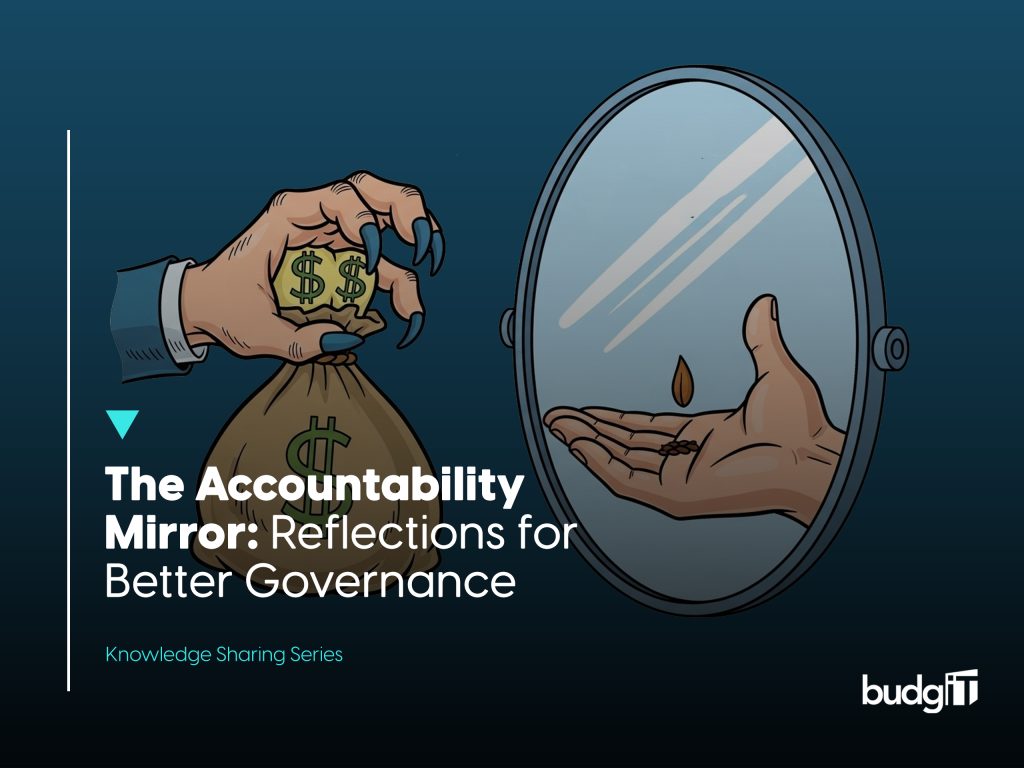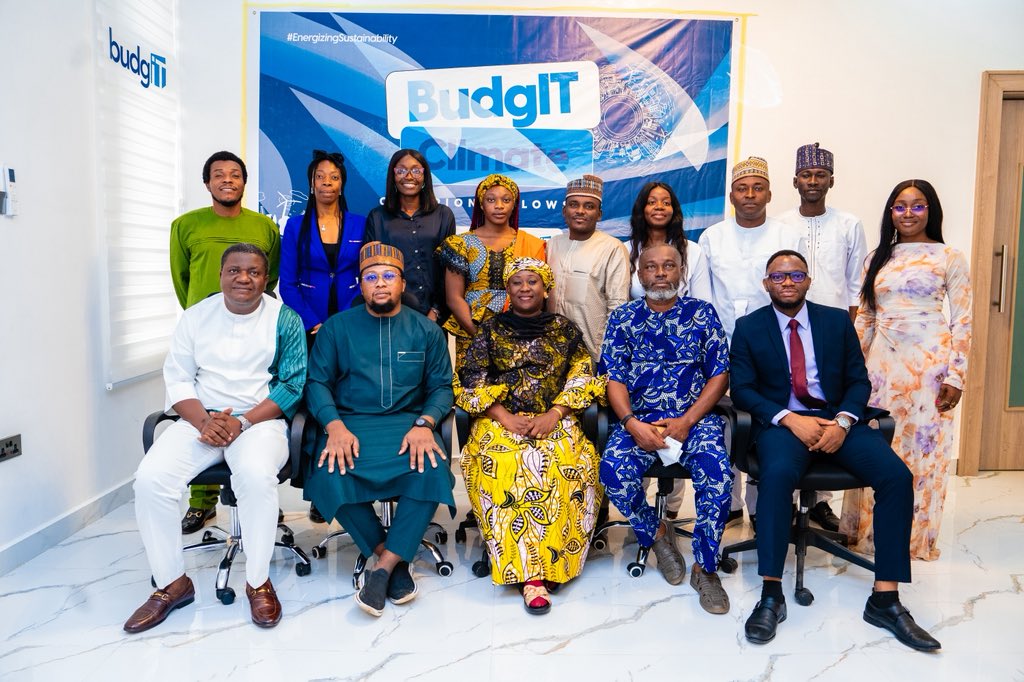KADUNA STATE RELEASES 2016 PROPOSED LGAs BUDGET
Kaduna State Government has released the proposed budgets of all its 23 Local Government Areas, raising the bar of transparency at the local government councils. This is the first time any state government in recent years has put forward details of her Local Government budgets in public, raising the bar in an often-overlooked level of government.
The proposed budget for the entire 23 Local Government Areas sums up to a total of N39.5bn, with recurrent expenditure taking the dominant share at 69.2%. Kaduna State Local Governments are operating a balanced Budget approach and are expected to spend 59% of their revenue on personnel costs, mainly on Primary Healthcare and Education. The budget for the LGAs which ranges from N1.2bn to N2.2bn has the Igabi Local Government projecting the highest expenditure at N2.25 billion.
Capital expenditures for these Local Government Areas are mostly focused on the Construction/Provision of roads, Contribution to Primary Healthcare, Construction/Provision of Schools amongst a host of other projects.
“We are always concerned that Nigerians are not paying attention to the finances of the Local Governments. This is not divorced from the lack of autonomy from the State Governments, making it difficult to track public expenditure and demand accountability” Oluseun Onigbinde, Lead Partner, BudgIT said.
“Kaduna State is leading in transparency for states in Nigeria and releasing this data takes it a notch higher. The onus lies on BudgIT and other civil society organisations to track the implementation of items in the budget and also incentivise citizen feedback” he continued
BudgIT, a civic organisation and the Kaduna State Government are implementing the OpenKaduna programme, an initiative to set the standard in public finance disclosures at the sub-national level and also drive citizen engagement. Kaduna State is the only state that has published in detail; its proposed budget, approved budget, audited statements and LGA budgets, giving citizens and stakeholders opportunities to demand accountability.



